
After a year of delay due to many controversies, Disney’s live-action film adaptation of Snow White is only days away from its theatrical release. However, yet another controversy, alleged tensions between the film’s two stars, progressive Rachel Zegler and Israeli Gal Gadot, over the Palestine–Israel conflict prompted the studio to cancel a major premiere event in London.
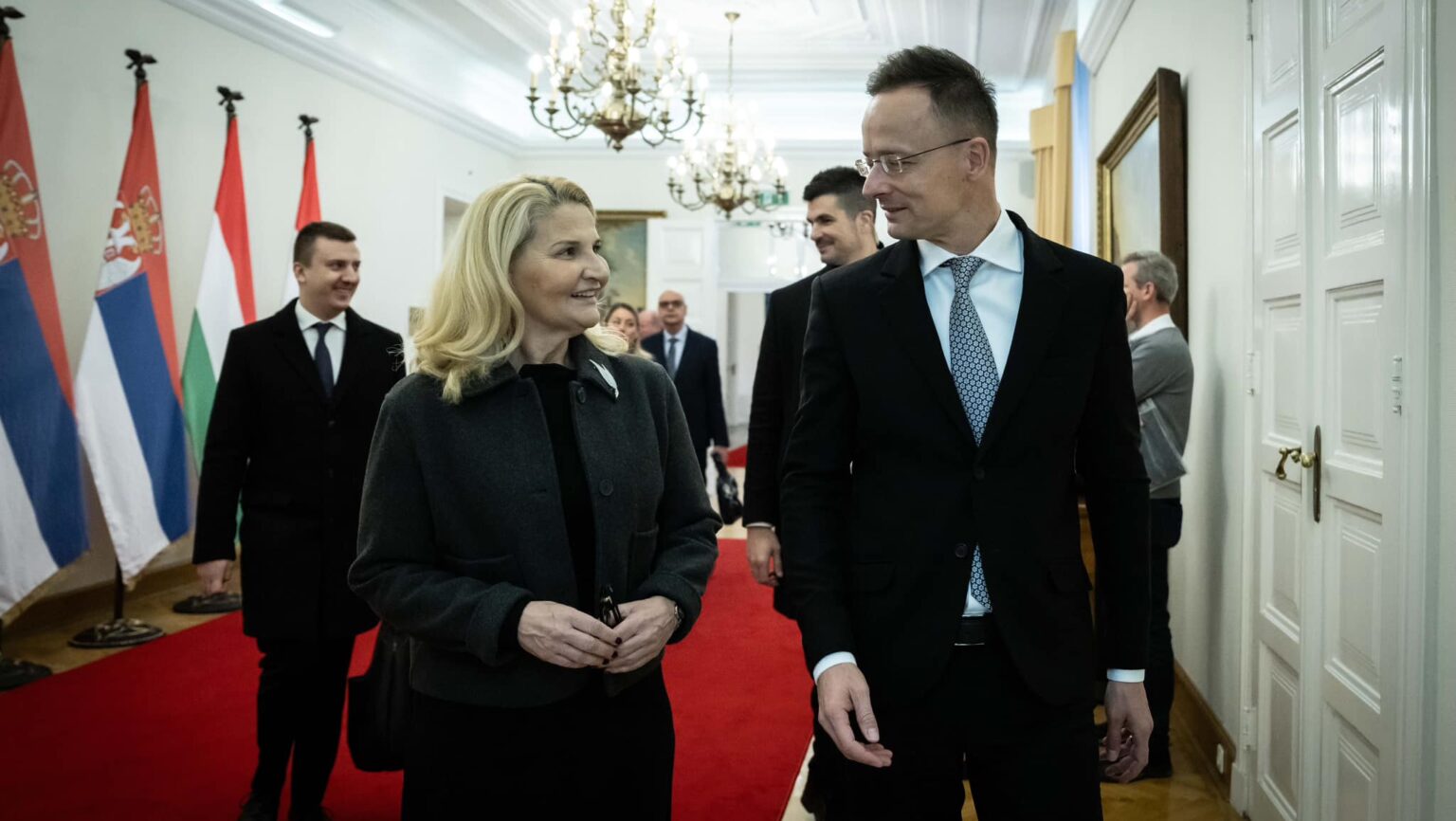
Hungarian Minister of Foreign Affairs and Trade Péter Szijjártó described the ongoing protests in Serbia as an attempted ‘colour revolution’ aimed at destabilizing the region. He further stated that foreign-backed colour revolutions in recent years have all ended in tragedy, expressing gratitude to US President Donald Trump for ending Washington’s policy of meddling in other nations’ domestic affairs.
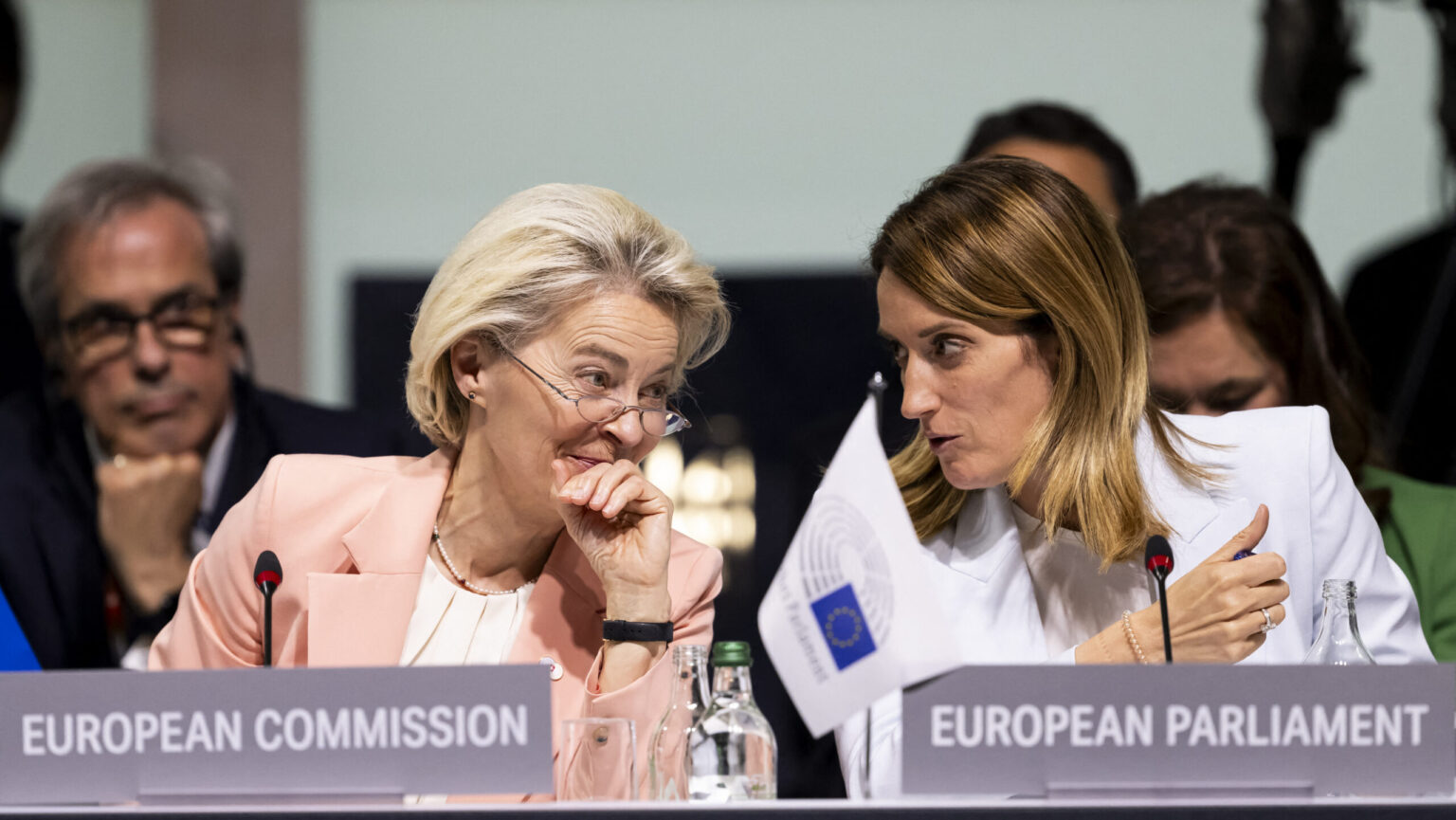
Hungarian Minister of Foreign Affairs and Trade Péter Szijjártó pointed out that the sudden shift of EU leaders on a potential ceasefire in Ukraine is ‘politically ridiculous’ and highlights their lack of credibility. However, it also raises the question of responsibility for Brussels’ failed strategy over the past three years.

Ukrainian Ambassador to Hungary Fegyir Sándor has asked the Director General of the Hungarian State Opera House Szilverszter Ókovács to cancel a show by Russian Austrian opera singer Anna Netrebko for her support for President Vladimir Putin of Russia. Ókovács replied with an open letter, explaining why he did not comply with the request.
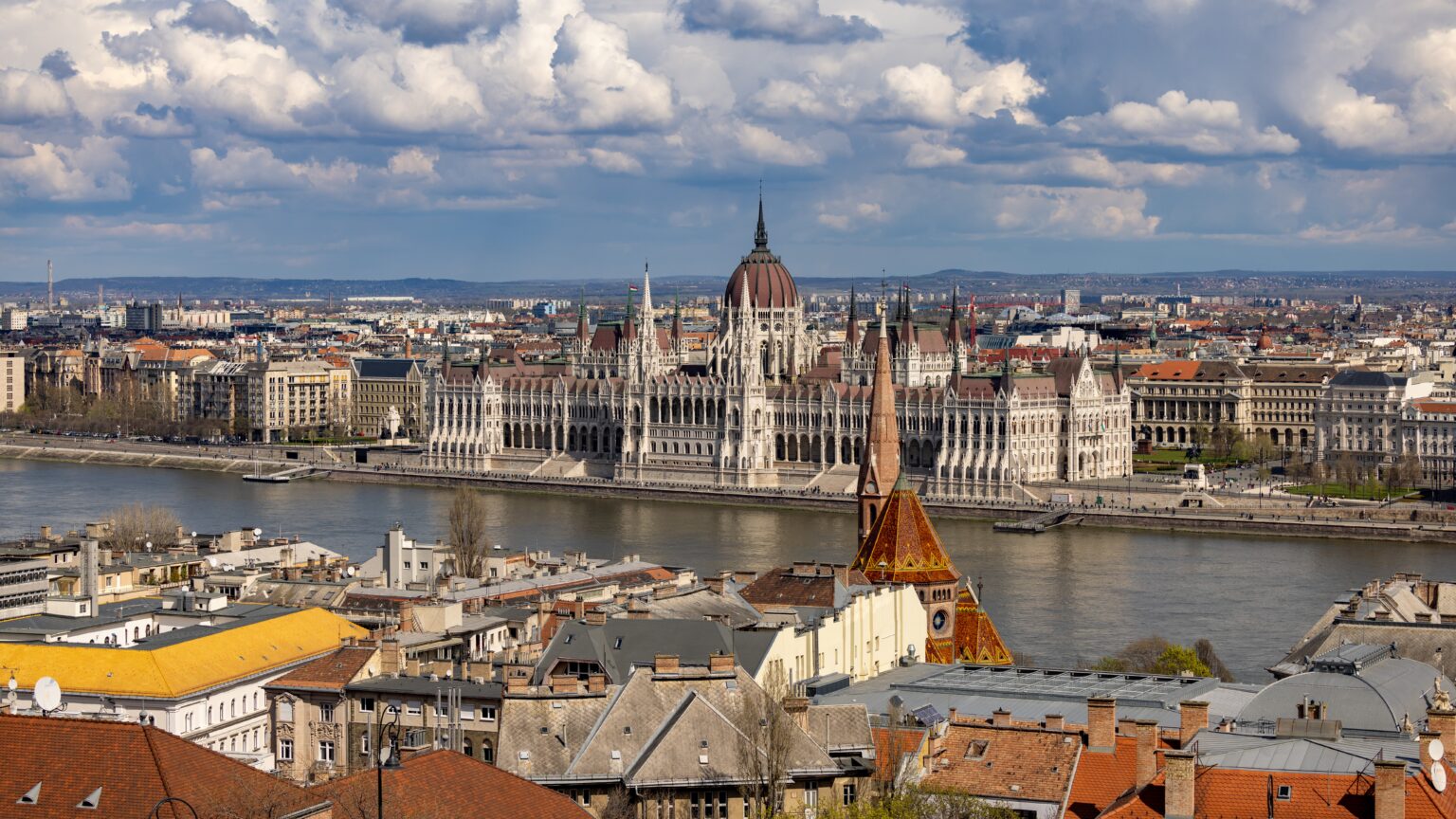
Hungary’s recent constitutional amendment seeks to reinforce national sovereignty and resist ideological and political pressures. The changes address gender ideology, children’s rights, and drug policies, aiming to protect societal norms and national values against external influence.
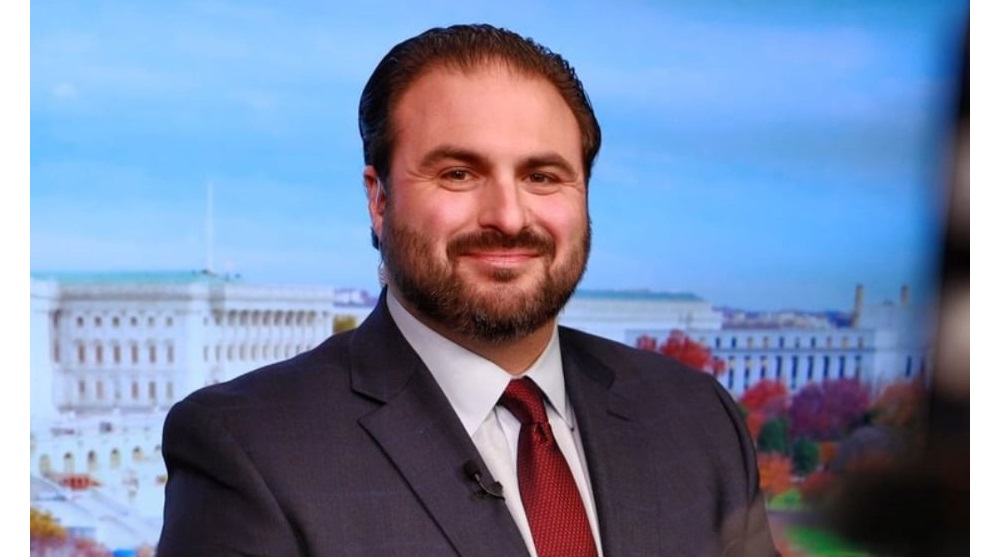
‘This move makes a lot of sense to me. Germany has embraced radical leftist policies that weaken Western security and they support the continued war between Russia and Ukraine. Meanwhile, Hungary stands for protecting borders, projecting strength, and traditional values,’ Bryan Leib wrote on X in response to reports that President Trump is considering relocating the 35,000 US soldiers stationed in Germany.

Hungary has strengthened its military officer training with advanced simulators and an extended reality (XR) laboratory, enhancing preparation for future defence challenges. The innovation supports skills development and research at the National University of Public Service.
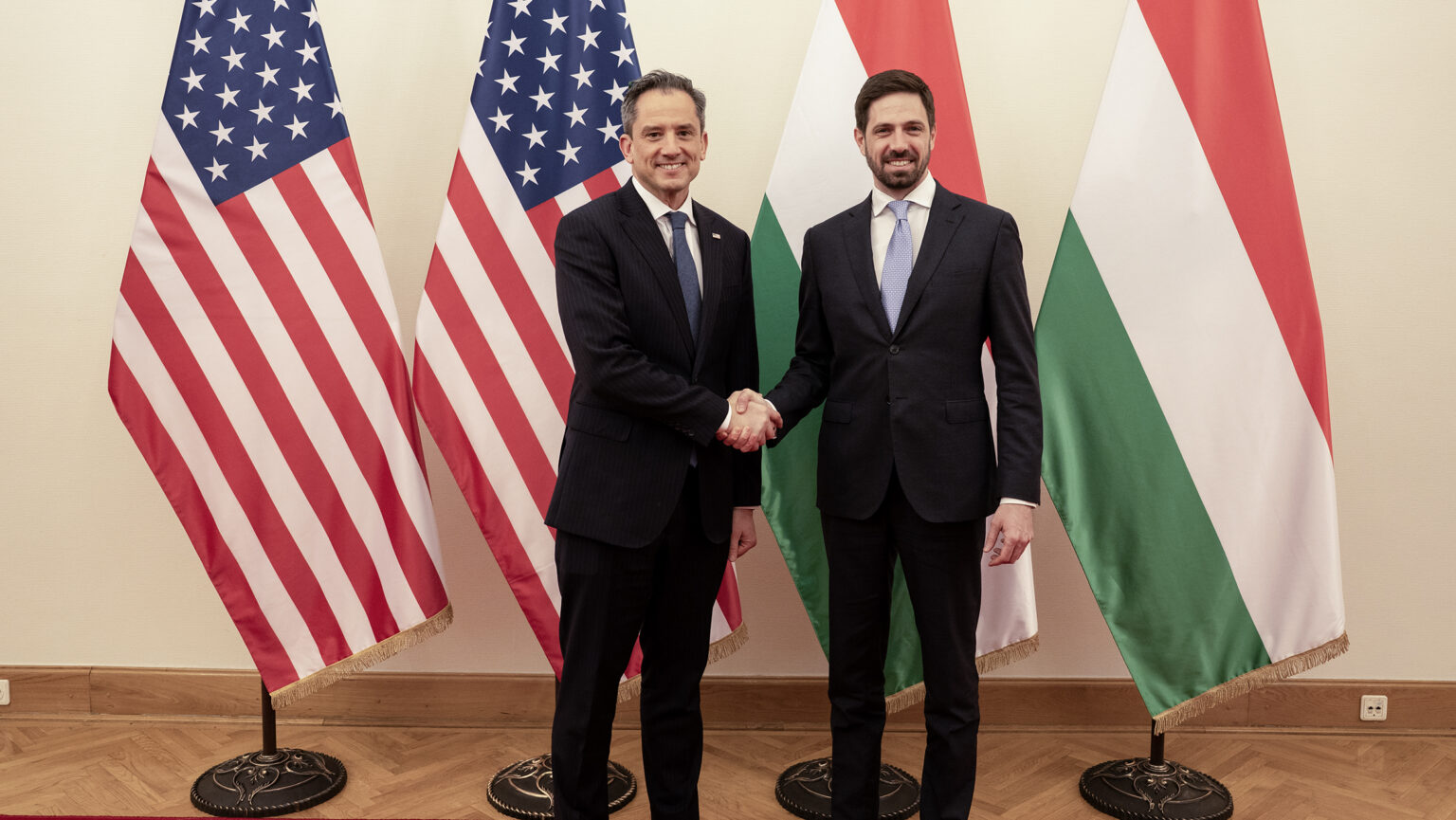
Appointed last week, interim Chargé d’Affaires Robert Palladino was received by Deputy Minister of Foreign Affairs and Trade Levente Magyar on Tuesday to discuss the future of Hungary–US relations. The senior US diplomat also met with American and Hungarian business leaders, emphasizing the promising prospects for economic partnership.

Hungary has launched a 15 billion forint programme to strengthen SME workforce skills, focusing on digitization and AI readiness. The initiative supports both training and wage subsidies, aiming to enhance export capabilities and bolster the domestic economy.
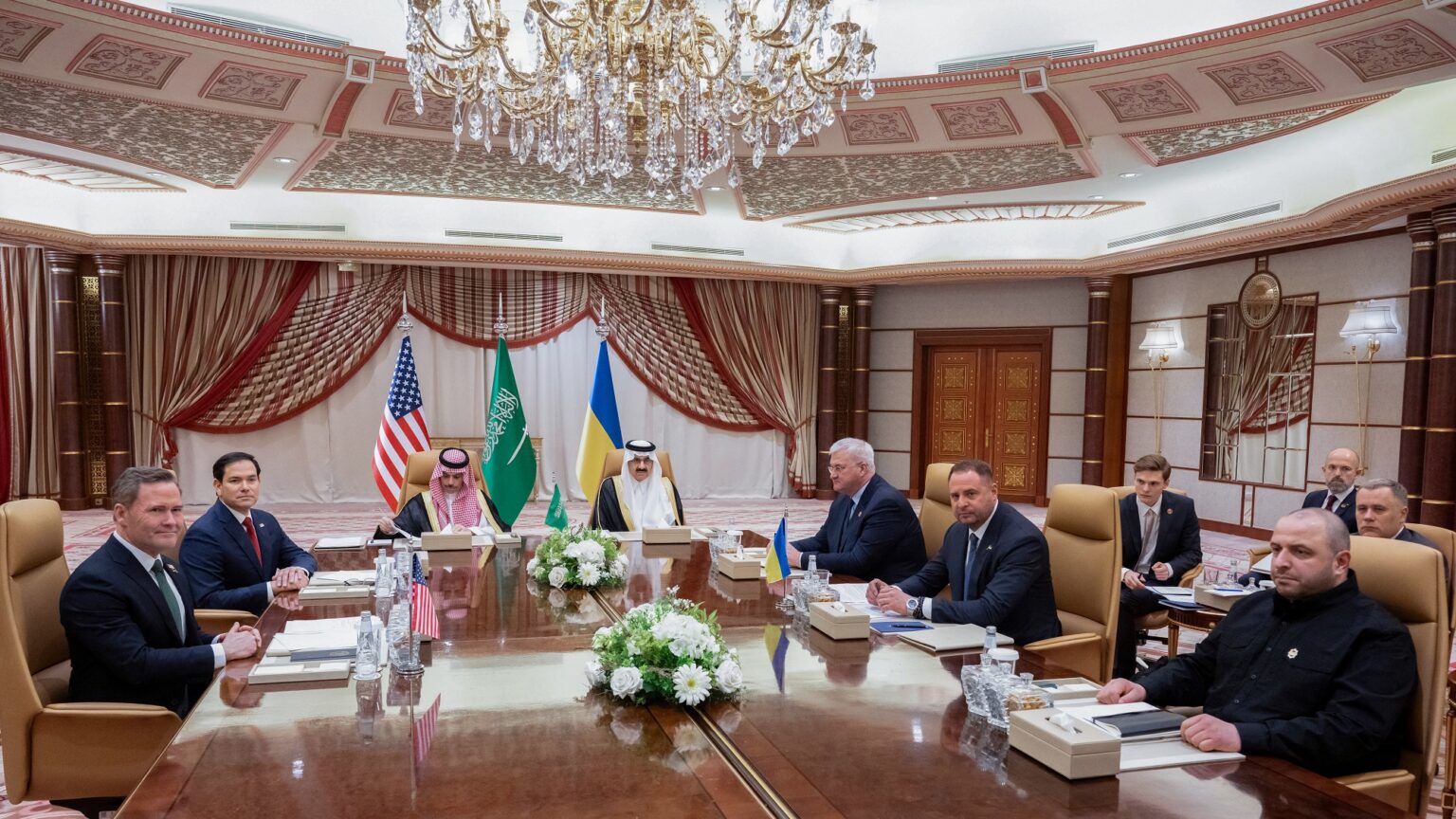
After meeting in Jeddah, Saudi Arabia, the American and Ukrainian delegations have announced in a joint statement issued through the US State Department that Ukraine is ready to accept an immediate 30-day ceasefire with Russia. ‘The ball is now in Russia’s court,’ US Secretary of State Marco Rubio told reporters after the meeting.

The EU is increasing its number of peacekeepers stationed in Bosnia and Herzegovina as tensions rise at an alarming pace in the Western Balkans. Sarajevo accuses Bosnian Serb leader Milorad Dodik of undermining the country’s constitution following a series of legislative moves after his conviction by a federal court last week. A close ally of Dodik, Viktor Orbán and Hungary now find themselves at the centre of these tensions, locked in a sharp diplomatic standoff with Bosnia.
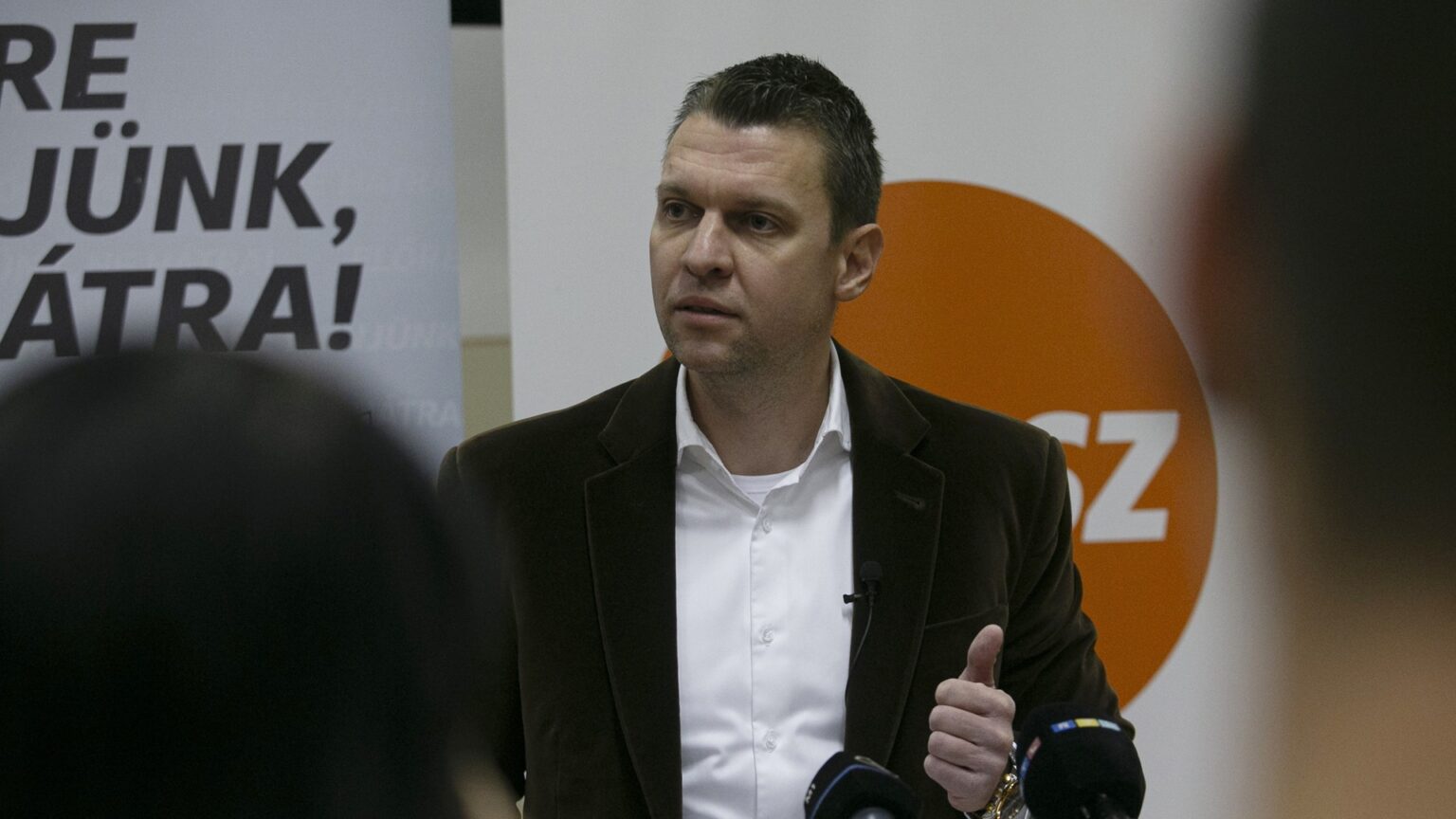
‘What I see, and what I hope for, is that peace is getting closer, because Donald Trump is doing what he said he would do. This is surprising in world politics, especially in European politics, and especially in Brussels,’ Menczer said on the TV programme Szigorlat on the opposition-aligned channel ATV.
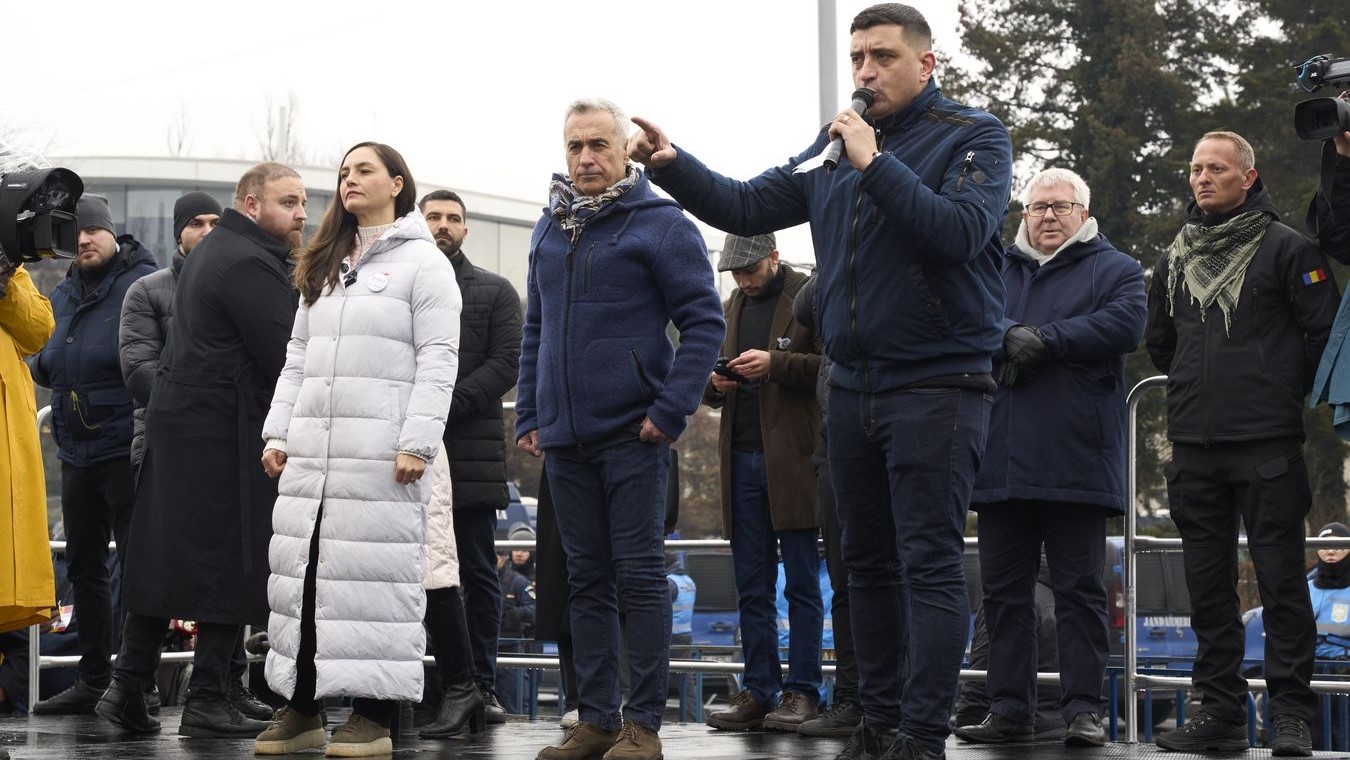
‘It’s a direct blow to the heart of world democracy! I have only one message: if democracy in Romania falls, the whole democratic world will fall! This is just the beginning—it’s that simple! Europe is now a dictatorship! Romania is under tyranny!’ leader of AUR George Simion told our site.

Hungary is introducing a price cap to combat unjustified food price hikes. Prime Minister Viktor Orbán announced that from mid-March, profit margins on 30 essential food items will be capped at 10 per cent, with measures in place until the end of May.
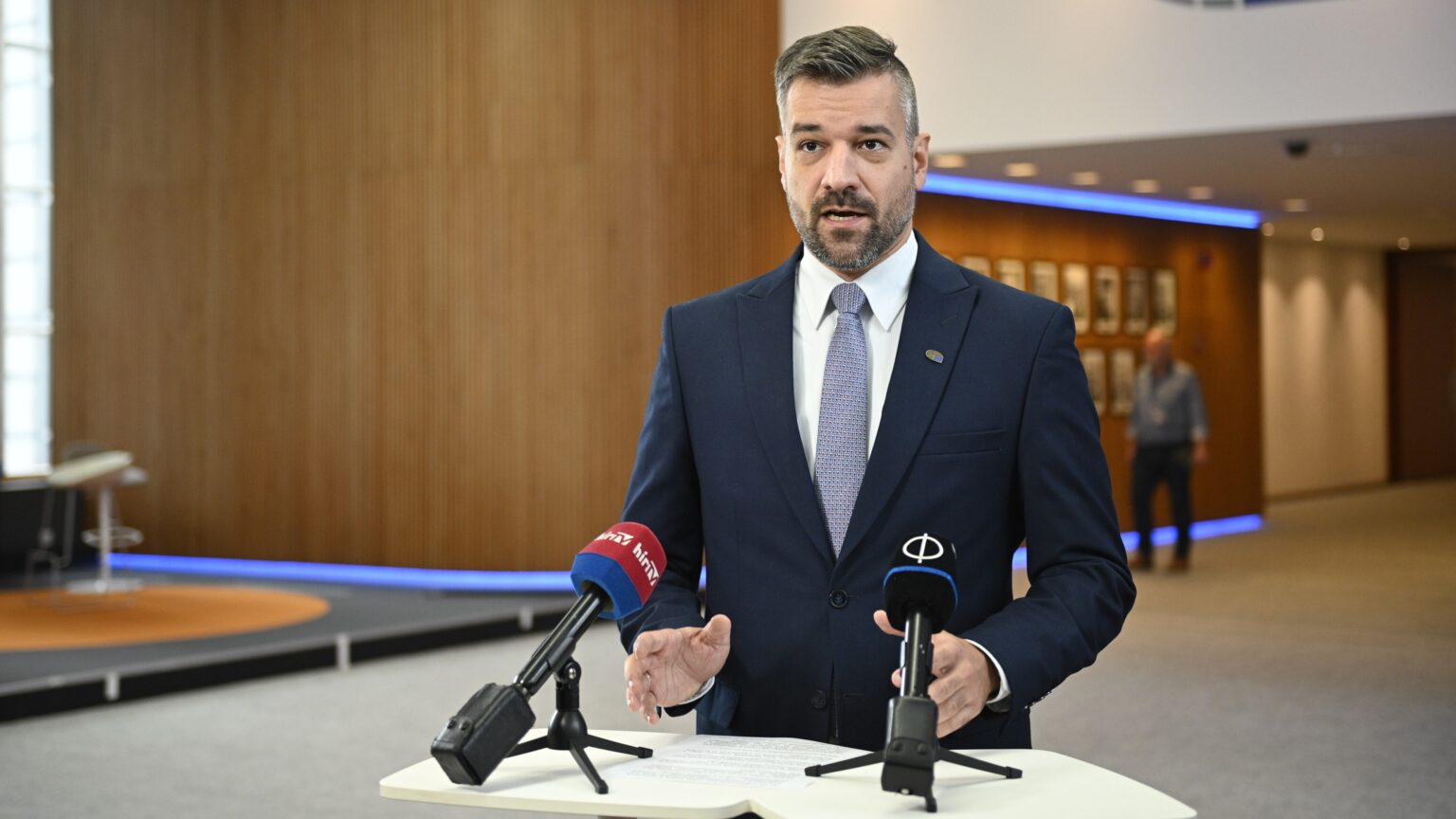
Hungary’s government is taking a firm stand to prevent foreign interference in its elections by exposing corruption networks linked to USAID funding. Commissioner András László stressed that based on US experiences and domestic practices, transparency must be restored to safeguard national sovereignty.
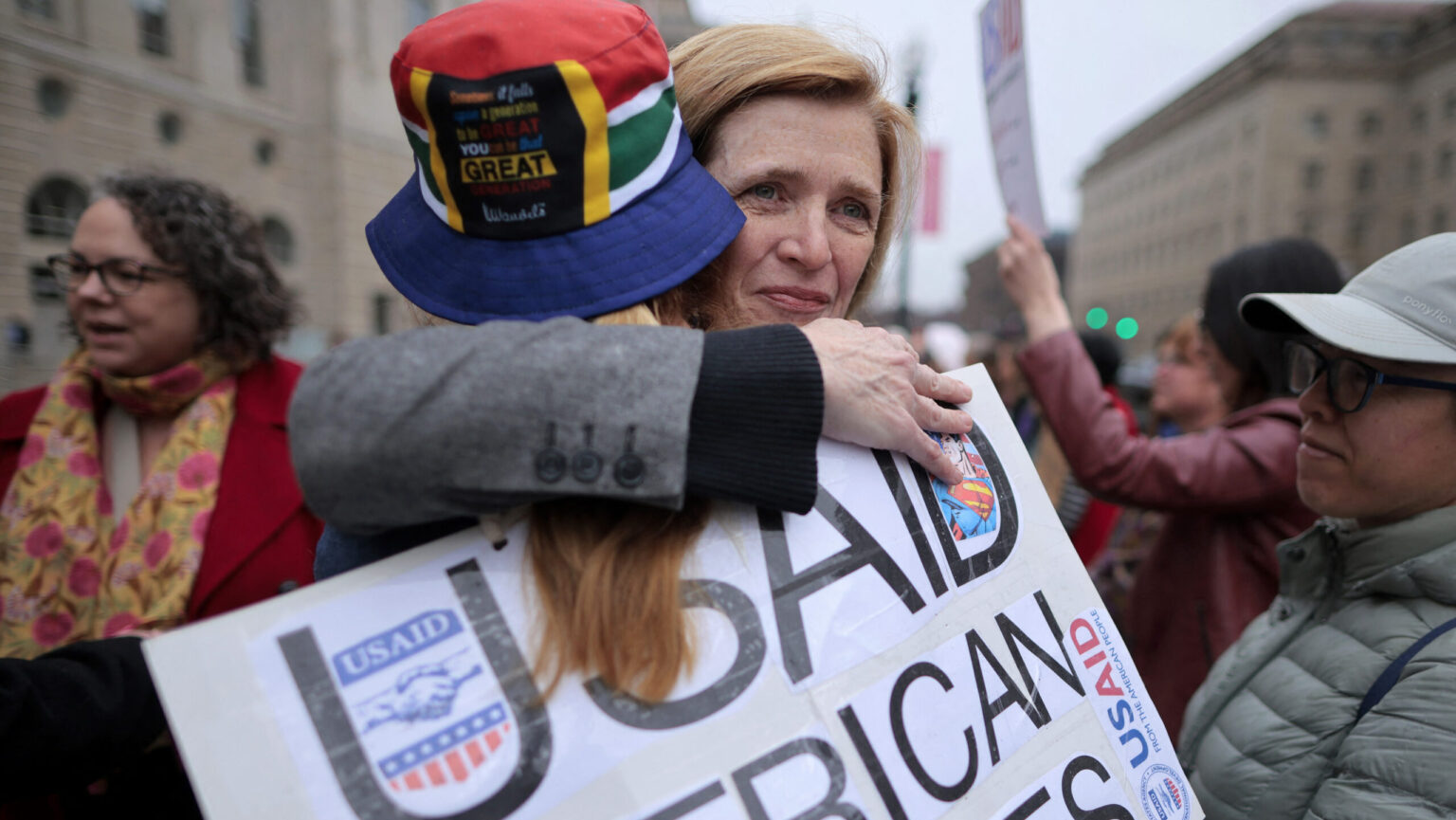
After Secretary of State Marco Rubio announced that the Trump administration is cancelling more than 80 per cent of USAID programmes, the agency’s role as the funder of a vast globalist foreign influence network has effectively come to an end. However, the same forces are now regrouping in Brussels—and Hungary will be ready to confront them.

Hungarian Prime Minister Viktor Orbán will deliver a commemorative speech on 15 March at the Museum Garden of the Hungarian National Museum, marking the anniversary of the 1848–49 revolution. The national celebrations will include a series of events, historical exhibitions, and public ceremonies.

Donald Trump is reportedly considering relocating some 35,000 US soldiers from Germany to Hungary. Viktor Orbán has long advocated for strengthening European defence and establishing a joint European army, while also fully meeting Hungary’s NATO commitments on defence spending. At the same time, Hungary remains the only EU country that shares the United States’ position on Ukraine. But how likely is this plan to materialize?
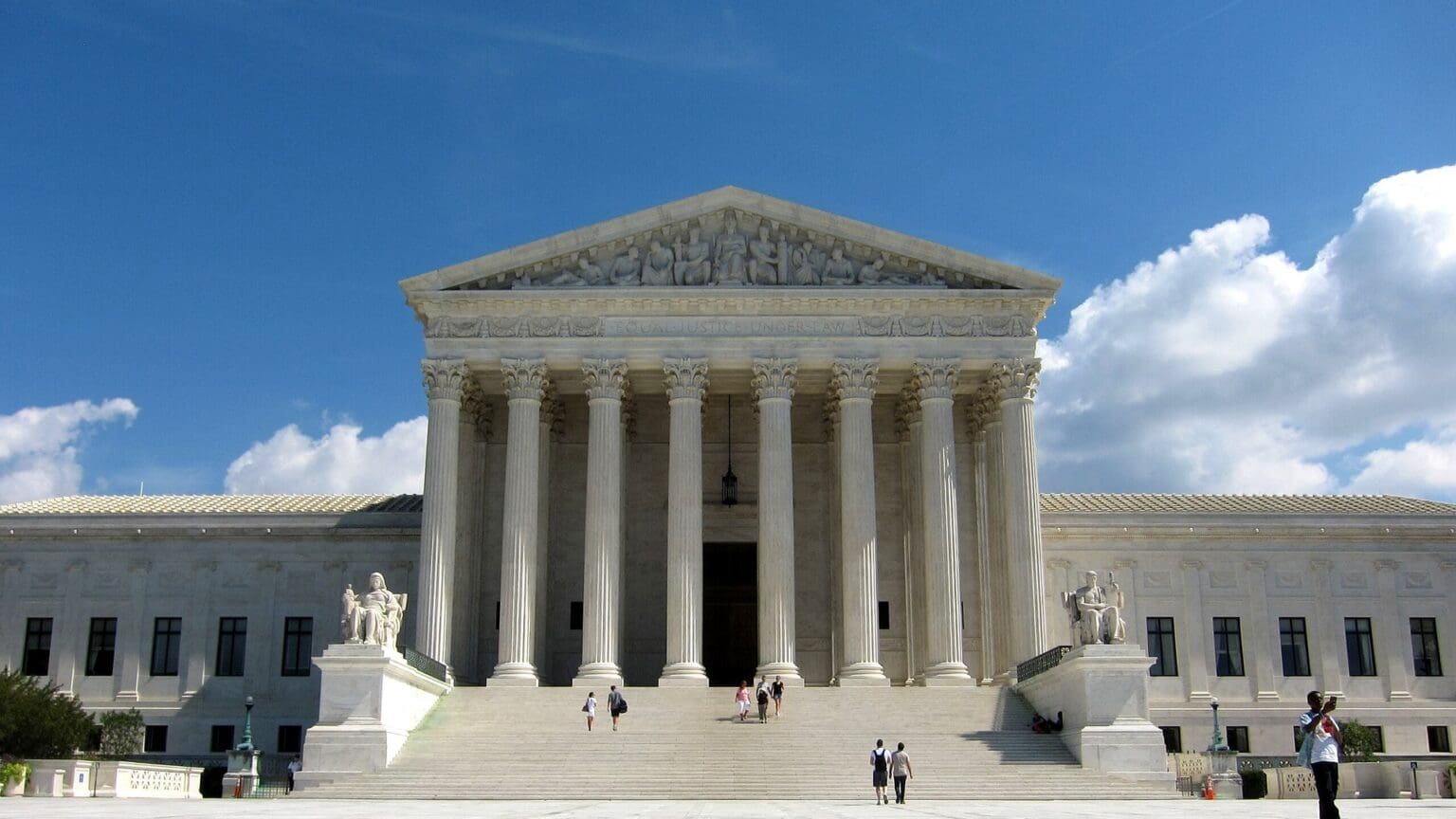
The US Supreme Court ruled 9–0 in favour of Hungary in the case Republic of Hungary v Simon. 14 Holocaust survivors sued the Hungarian government and its railway company for damages for their property confiscated during World War II. However, the highest court in the US ruled that it lacks jurisdiction over the matter, as per the Foreign Sovereign Immunities Act of 1976.
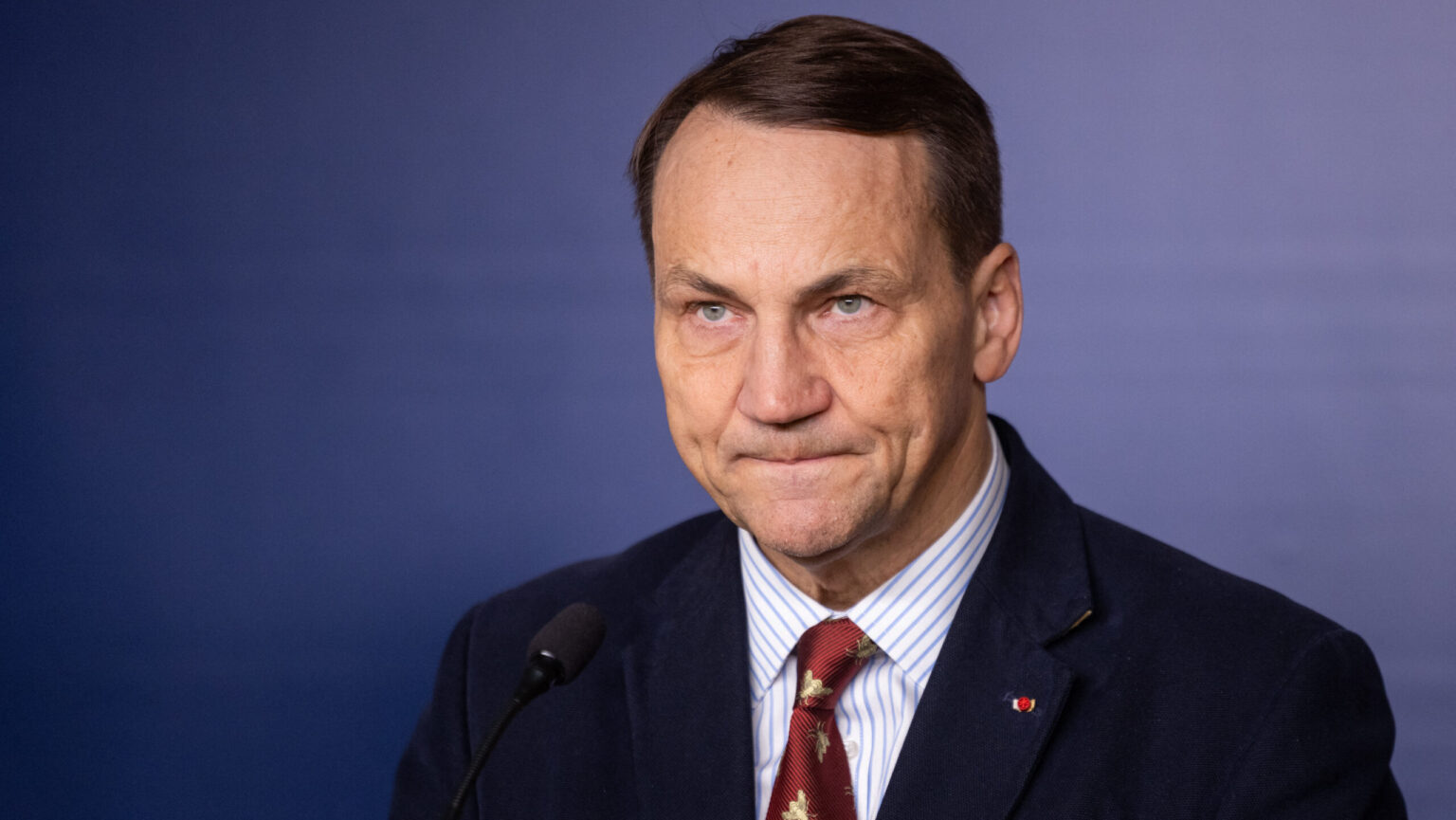
After Viktor Orbán announced that Hungary would hold a public vote on Ukraine’s EU accession, Polish Foreign Minister Radosław Sikorski suggested holding a similar vote across member states on Hungary’s EU membership. However, Hungary is not alone in viewing Kyiv’s accession as a potential threat to the European economy. Polish farmers also fear the collapse of the agricultural sector, and their votes could be decisive in the country’s presidential election in May.
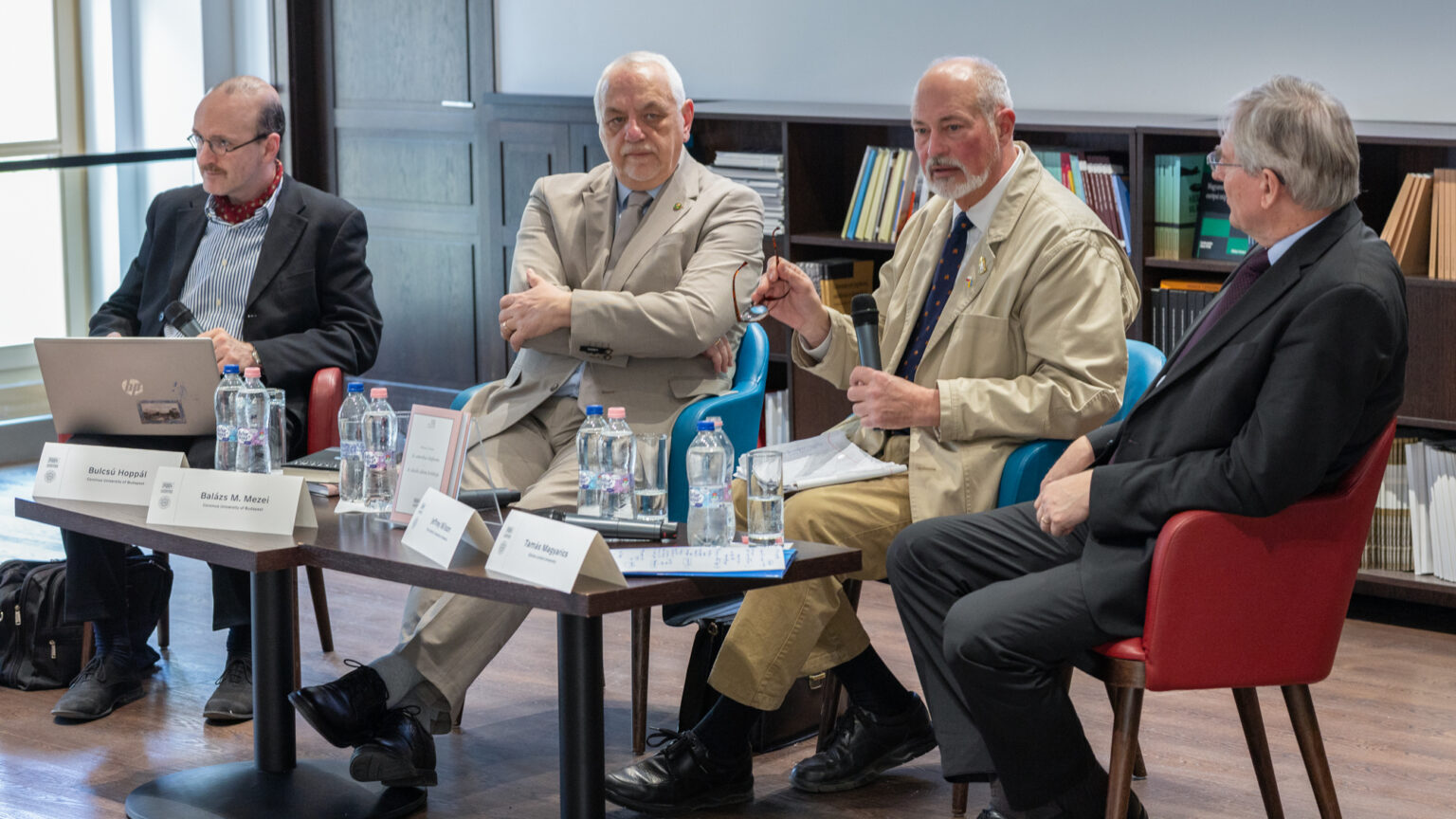
To honour the re-publishing of Hungarian American philosopher Thomas Molnar’s books The American Way of Life and A Critique of the Ideal State, Professors Jeffrey Wilson, Balázs M Mezei, and Tamás Magyarics gathered for a panel at Ludovika University to discuss ideas such as utopianism and American exceptionalism.
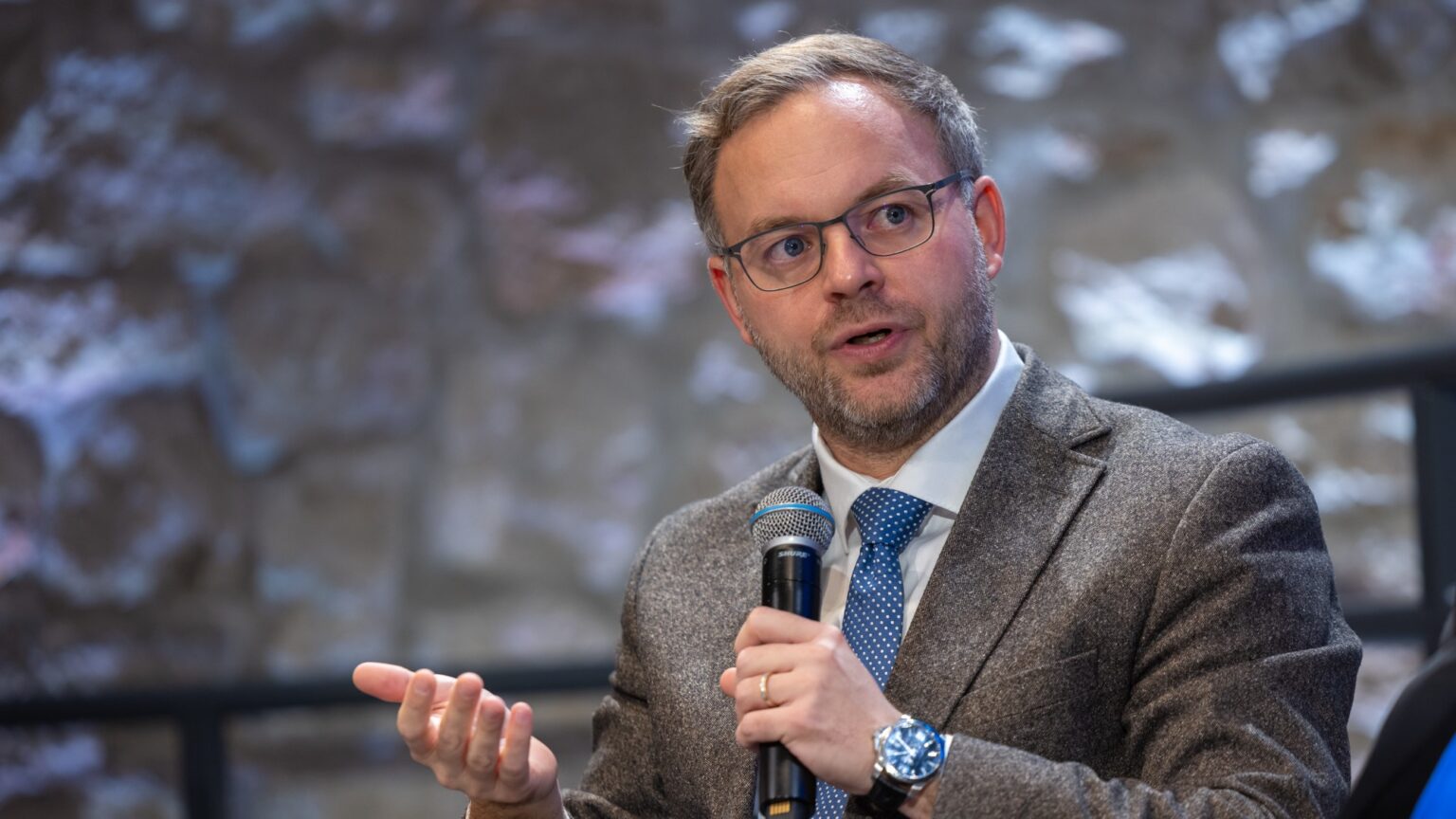
Hungary warns that Ukraine’s accelerated EU accession could pose significant political and economic risks for Europe. The government proposes a national referendum to ensure Hungarian citizens have a say in this pivotal decision impacting the nation’s future.
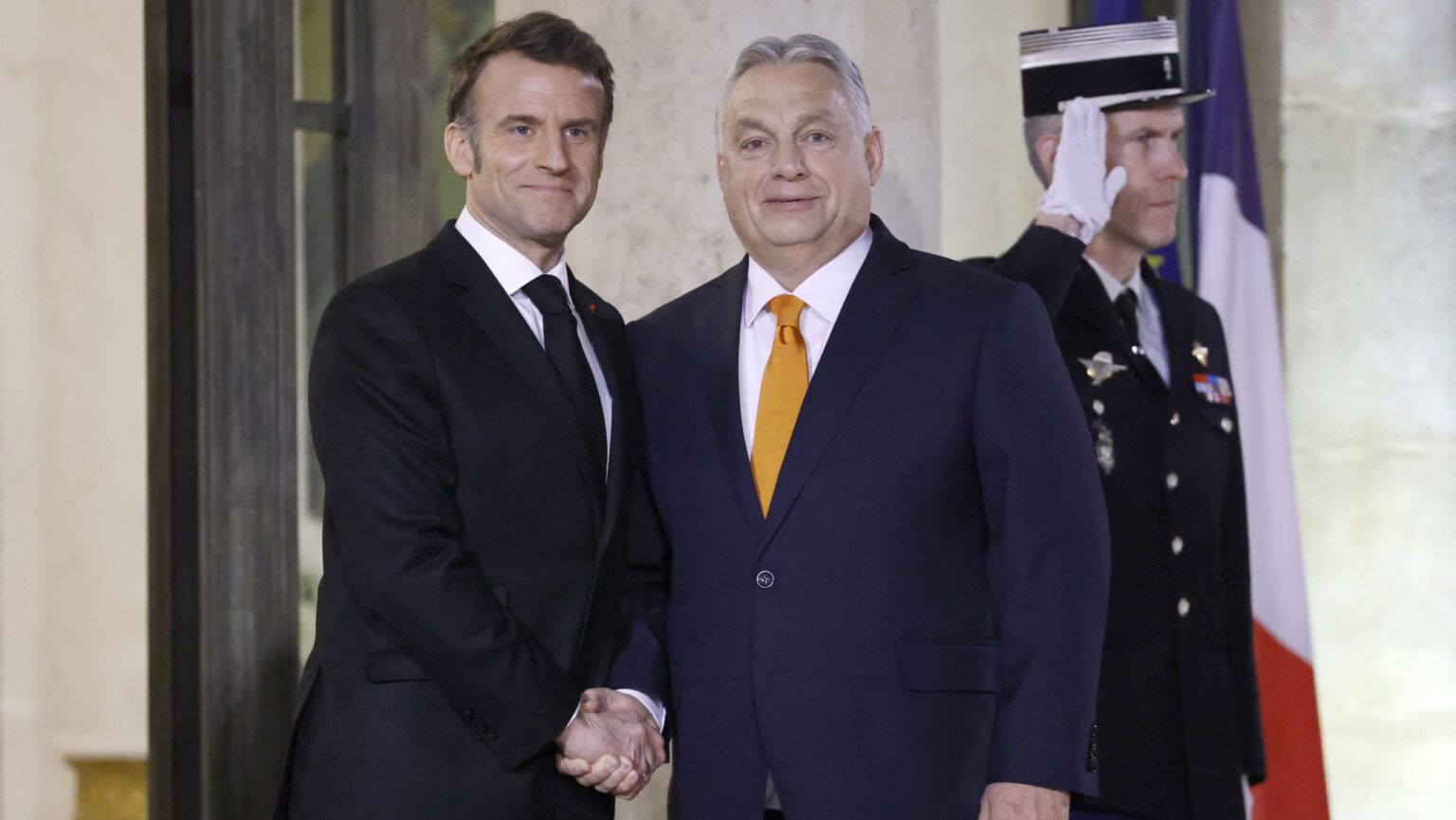
Emmanuel Macron must envy Viktor Orbán for this: a video has gone viral showing a French woman approaching and praising the Hungarian prime minister on the streets of Paris. One cannot help but recall another iconic video—Macron being slapped by a member of the public in the summer of 2021.
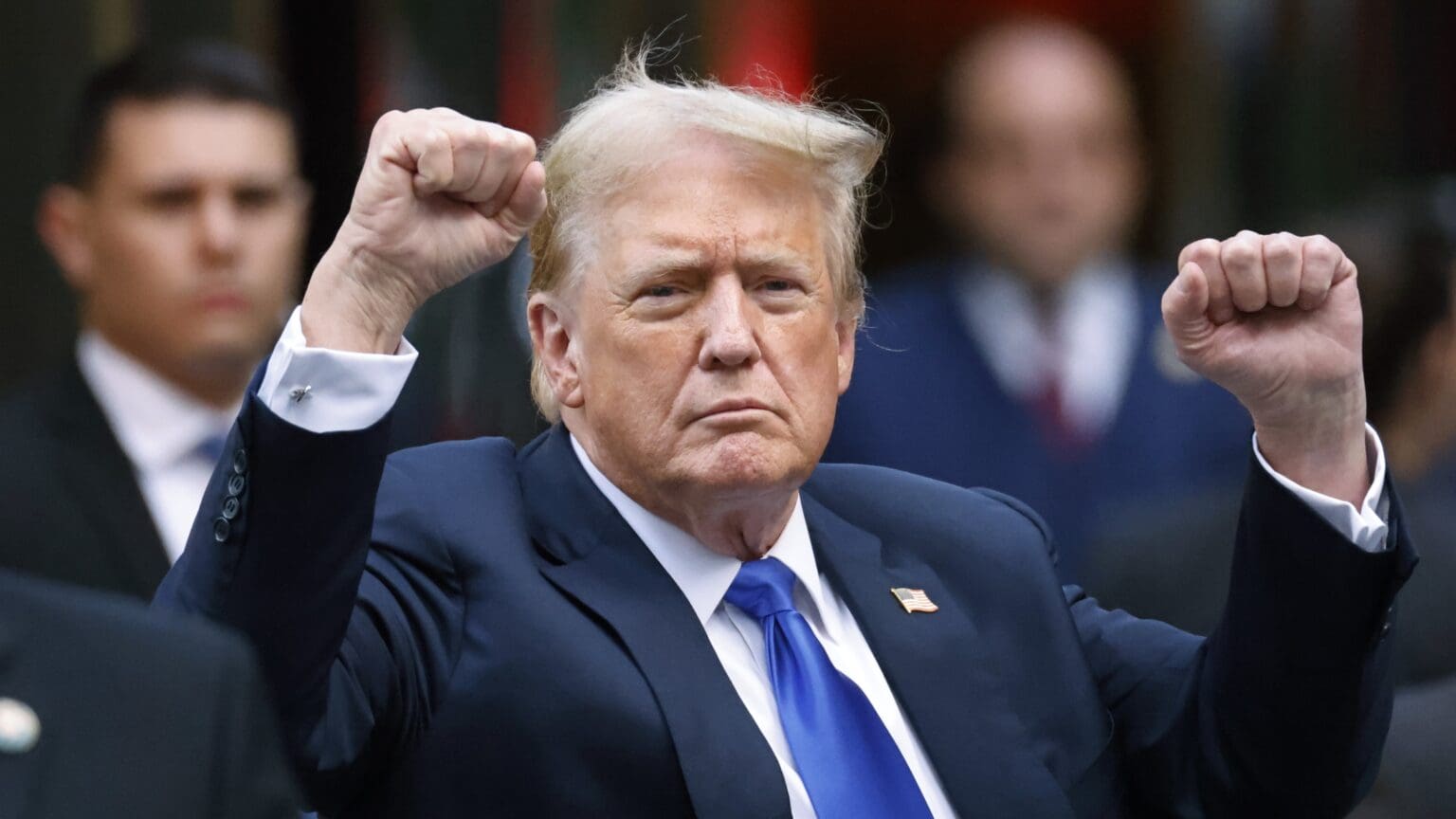
President Trump’s speech before Congress had a viewership of 36.6 million in the United States, which is a significant increase from President Biden’s 2024 State of the Union Address, watched by 32.23 million people. The vast majority of viewers also approved of Donald Trump’s address, according to polls both by CBS and CNN.
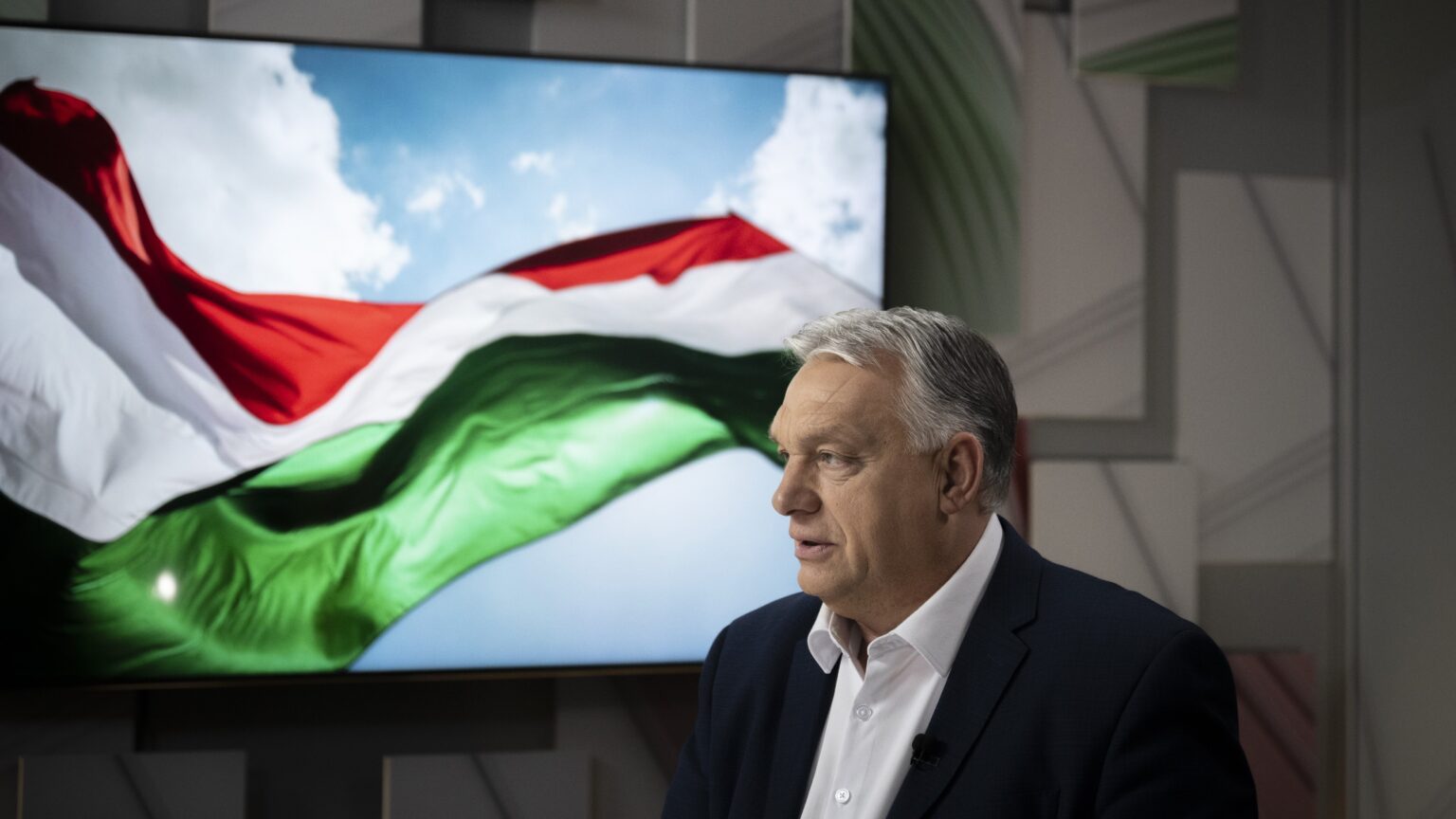
Hungarian Prime Minister Viktor Orbán has warned of escalating financial and political risks posed by continued European support for Ukraine, criticizing EU strategies and cautioning that Hungary cannot bear the economic burden of an extended conflict.
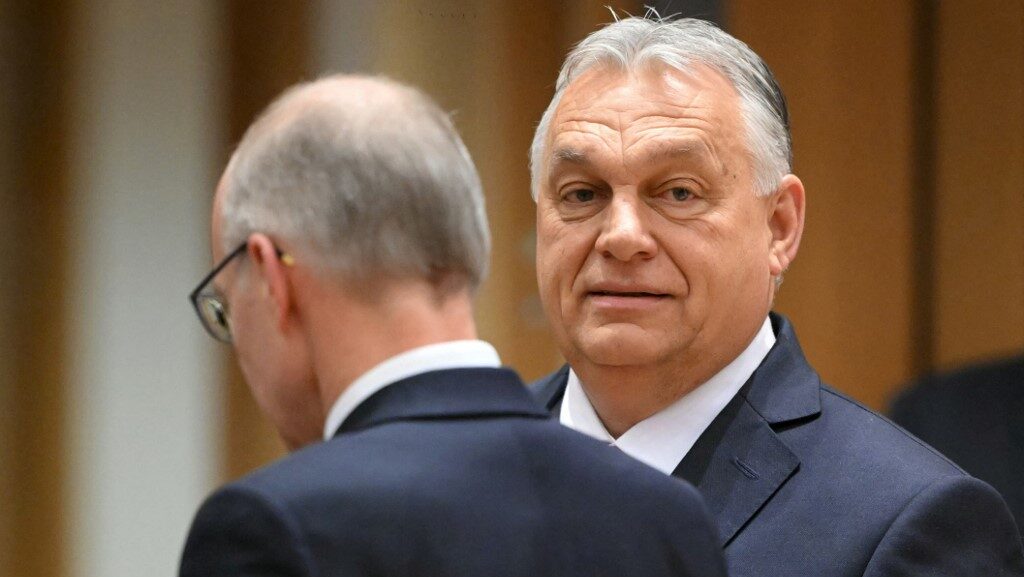
Hungarian Prime Minister Viktor Orbán vetoed joint conclusion on continued military support for Ukraine during Thursday’s emergeny European Council summit. According to Orbán, the European Union is becoming increasingly isolated with its pro-war position, which also undermines peace talks.
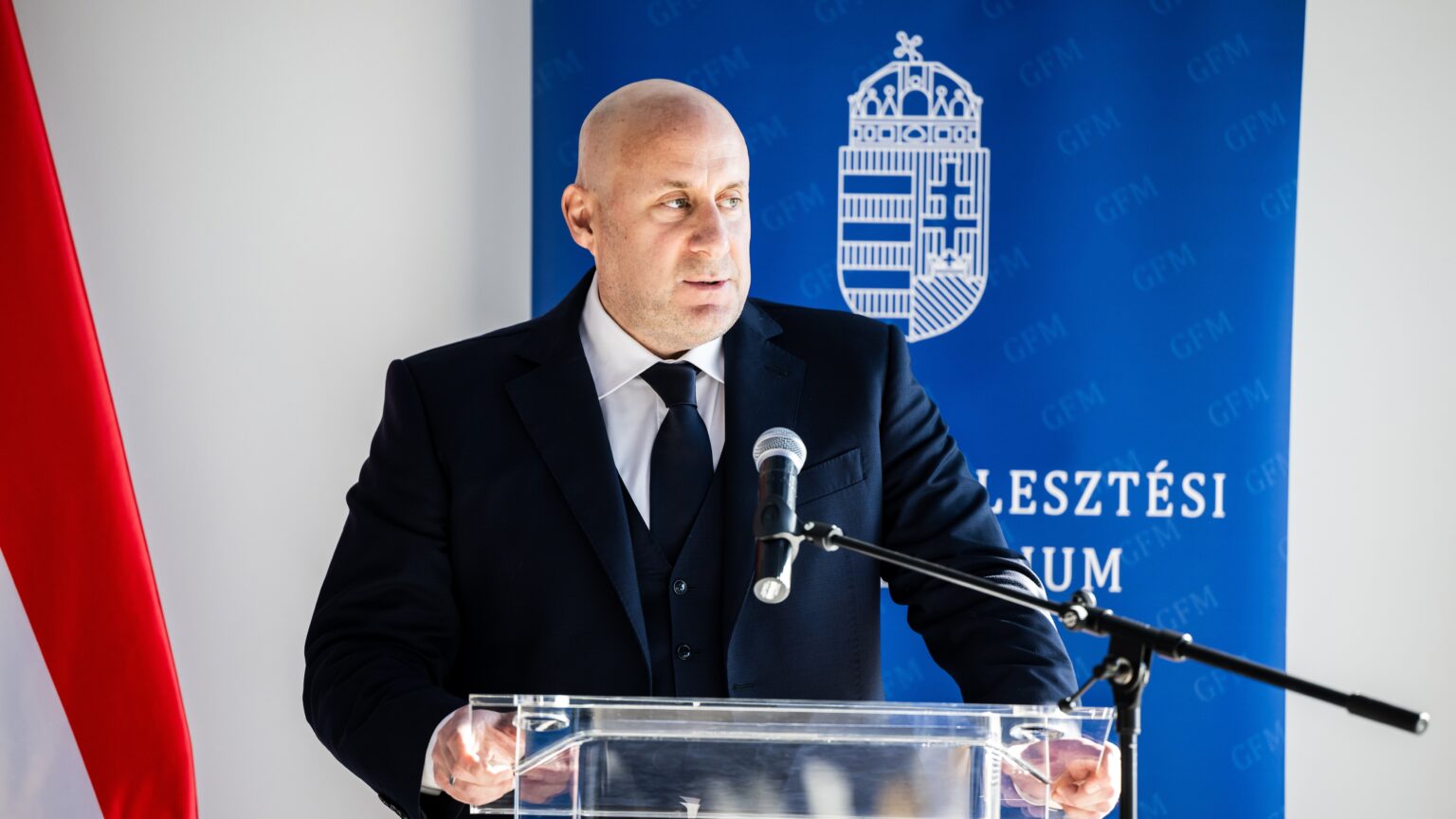
Hungary’s President, upon the recommendation of the Minister of Foreign Affairs and Trade, has appointed Chairman of the 4iG Group Gellért Jászai as Ambassador Extraordinary and Plenipotentiary for the development of international business relations to promote Hungary’s economic interests abroad.
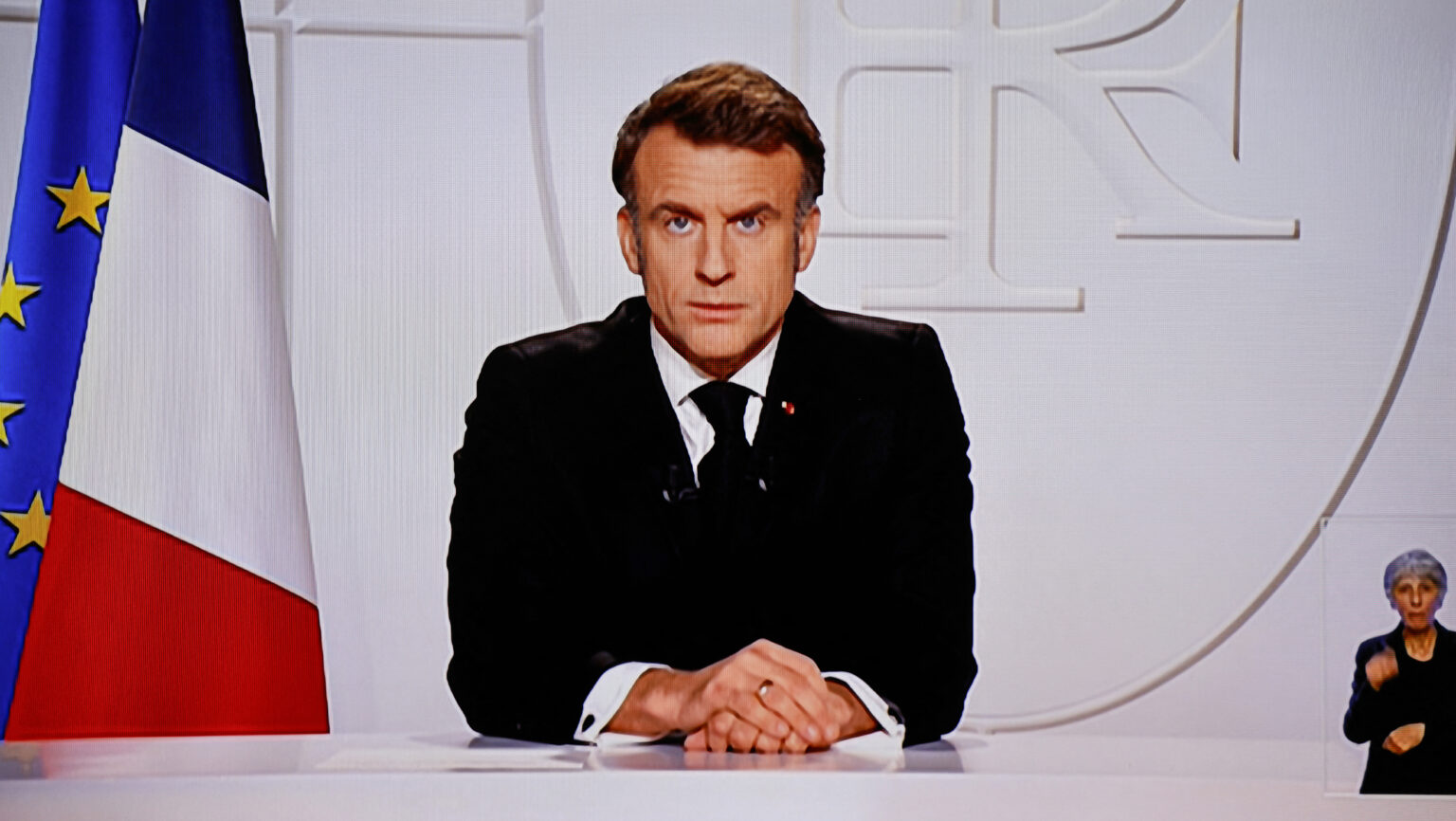
‘Europe is marching itself off a cliff. Hungary must avoid marching with them,’ political director to the Hungarian prime minister Balázs Orbán said in response to French President Emmanuel Macron’s speech on Wednesday. As EU leaders gather in Brussels today, pro-war leaders have doubled down on their rhetoric against peace, threatening to undermine fragile peace talks.
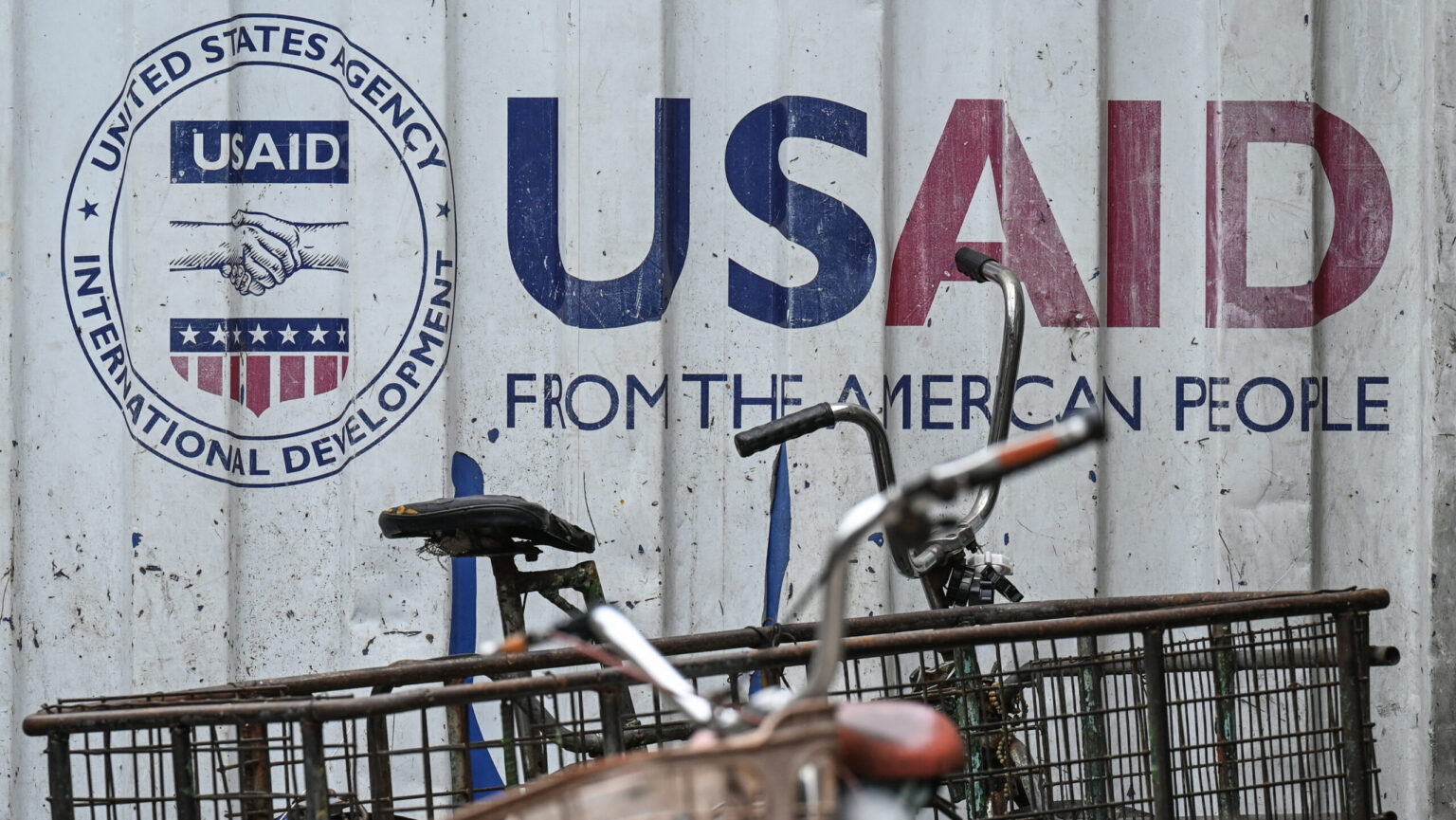
However, the ruling is not as bad for the Trump administration as the headline makes it sound: it only dictates that contractors be paid for their jobs already completed, totalling around $2 billion in expenses. The decision was close, a 5–4 split among the justices.
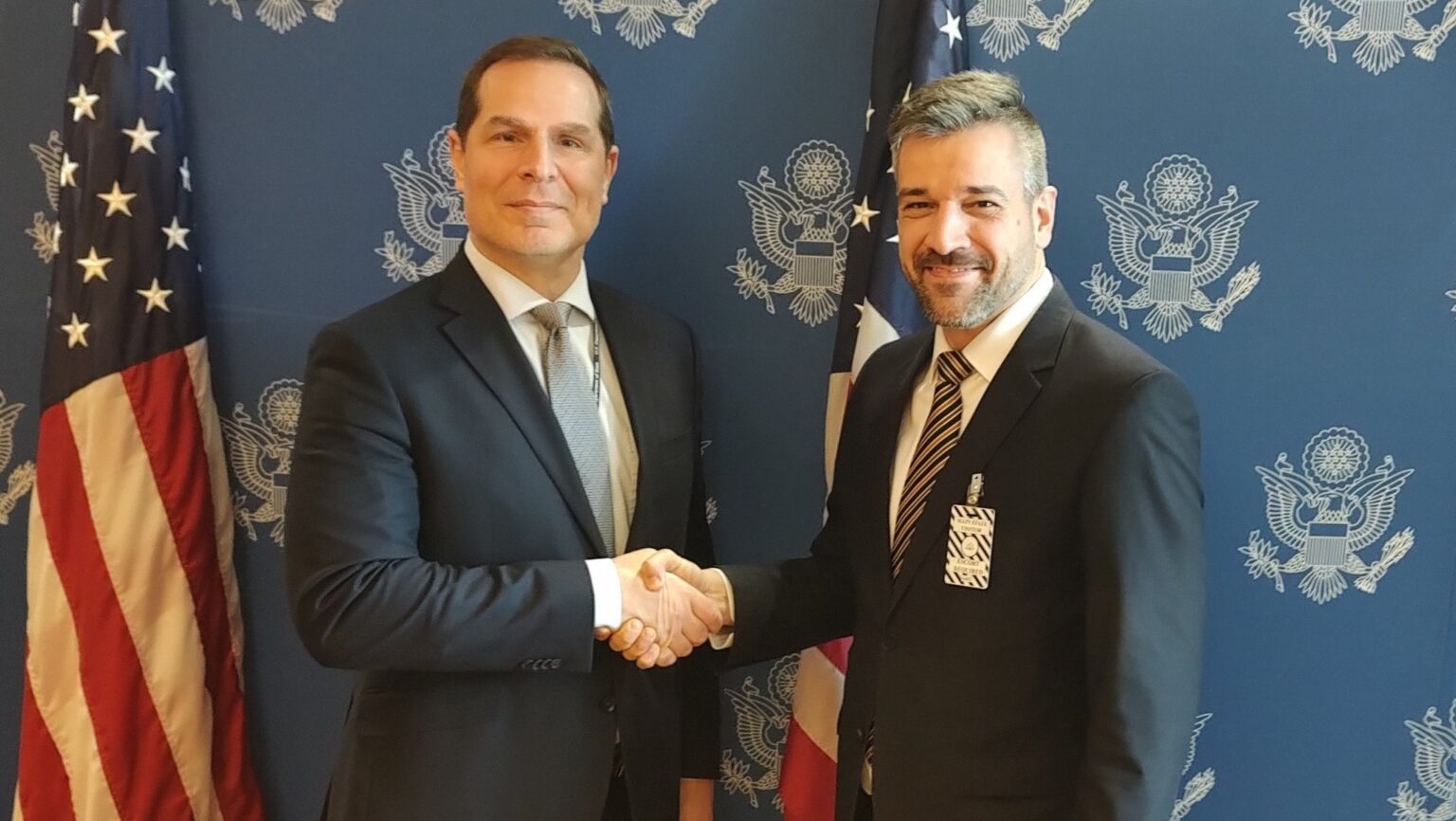
All USAID contracts in Hungary have been terminated after Hungarian Government Commissioner András László met with the agency’s newly appointed head, Peter Marocco, in Washington. László’s task is to investigate USAID funding channelled to Hungarian NGOs and media outlets, aiming to curb foreign influence ahead of the 2026 parliamentary elections.

Hungarian Conservative is a quarterly magazine on contemporary political, philosophical and cultural issues from a conservative perspective.